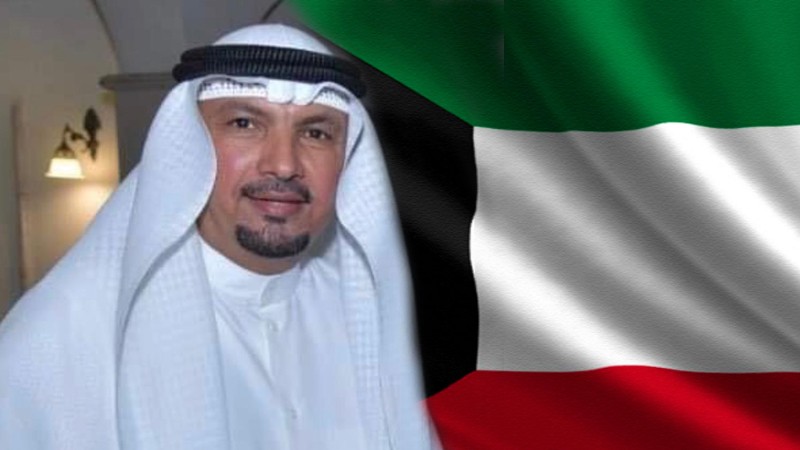15/06/2023
15/06/2023
KUWAIT CITY, June 15: Kuwait's Ambassador to India, Jassem Al-Najim, emphasized the significant role of the Shanghai Cooperation Organization (SCO) in addressing regional and international conflicts that have a direct impact on the global economy. Ambassador Al-Najem made this statement during his participation in a ceremony held by the Indian Ministry of External Affairs in New Delhi, commemorating the issuance of a postal stamp dedicated to the organization.

Highlighting the increasing importance of the SCO, Ambassador Al-Najem noted that the accession of certain Gulf Cooperation Council countries as "dialogue partners" will enhance cooperation and lead to a more prominent role in the development of member states' collaboration.
During the same event, Damu Ravi, Undersecretary of the Indian Ministry of Foreign Affairs for Economic Relations, stressed the significance of strengthening regional cooperation to establish security and stability. As the current chair of the SCO, India aims to address contemporary challenges arising from disrupted supply chains and conflicts. Ravi announced that New Delhi will host the upcoming summit of SCO member state leaders in the near future.
In May, on the sidelines of a meeting of the Council of Foreign Ministers of SCO member states held in Panaji, Goa, Kuwait, the United Arab Emirates, the Maldives, and Myanmar signed a memorandum of understanding to join the organization as "dialogue partners." This move further expands the SCO's influence and engagement.
Established in 2001, the Shanghai Cooperation Organization is an intergovernmental organization comprising eight member states, including Uzbekistan, Pakistan, Russia, China, Tajikistan, Kyrgyzstan, Kazakhstan, and India. It also includes four observer countries, namely Afghanistan, Iran, Belarus, and Mongolia. With its vast geographical coverage and large population, the SCO aims to build a multi-centric global system that upholds international law, mutual respect, and the diverse needs and aspirations of each member country.


